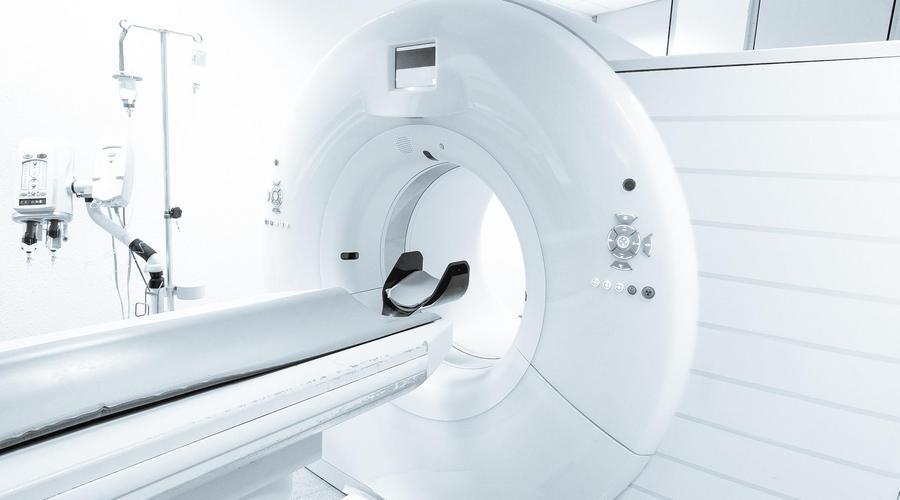
Topics in this month's update include: a decline in the number of “megatenants” in the US life sciences sector; the MHRA being designated as a WHO-Listed Authority; and a surge in Chinese biotech share values.

Topics in this month's update include: a decline in the number of “megatenants” in the US life sciences sector; the MHRA being designated as a WHO-Listed Authority; and a surge in Chinese biotech share values.
The European Commission has launched a public consultation on the proposed European Biotech Act, which aims to strengthen Europe's biotechnology sector and enhance its global competitiveness. Feedback from the consultation will contribute to the impact assessment and shape the final legislative proposal. The consultation, initiated on 4 August 2025, invites input from stakeholders across all of biotech to identify key challenges and barriers in the biotechnology and biomanufacturing industries. It also seeks to gather evidence and perspectives to inform targeted policy actions and ensure broad engagement from researchers, manufacturers, investors, and other stakeholders.
The proposed Biotech Act, announced in Ursula von der Leyen’s 2024 political guidelines, is a cornerstone of the EU’s Strategy for Life Sciences. It aims to modernise the economy while supporting the green and digital transitions. Key objectives of the Act include: simplifying regulatory processes to accelerate the approval of biotech products; boosting innovation, particularly in strategic areas such as clinical development and new production technologies; and leveraging data and artificial intelligence (AI) through initiatives like AI testing facilities and integration with the European Health Data Space. The consultation will remain open until 10 November 2025. Adoption of the Biotech Act is anticipated in the third quarter of 2026.
Megatenants in the life sciences sector, comprising Big Pharma, major biotech firms, and Contract Development and Manufacturing Organisations (CDMOs), typically lease or own significant real estate footprints for R&D, manufacturing, and administrative functions. These tenants are characterised not only by the scale of their leased space but also by their long-term lease commitments. Notable examples include Novartis, Pfizer, Amgen, Genentech, and Moderna.
In the United States, megatenants have played a critical role in anchoring life sciences clusters across the country, particularly in key regions such as Massachusetts (Boston and Cambridge), California (San Francisco Bay Area and San Diego), Research Triangle Park in North Carolina, and Washington, DC. A notable example is Novartis’s record-setting lease in San Diego in July of this year, involving 467,000 square foot, which is the largest deal of its kind to date.
However, according to JLL’s 2025 report, the number of megatenants is declining. The U.S. market is experiencing high vacancy rates, alongside a shift towards smaller deals and shorter lease terms, driven by funding challenges and regulatory uncertainty. Savills data highlights the abundance of available space, particularly in San Diego. UK and European landlords should be taking note.
The United Kingdom Medicines and Healthcare products Regulatory Agency (MHRA) has been designated as a WHO-Listed Authority (WLA) by the World Health Organization (WHO), as announced on 8 August 2025. This recognition validates and positions the MHRA among the world’s most trusted regulatory bodies. The MHRA joins Health Canada and Japan’s MHLW/PMDA as newly designated WLAs, reinforcing a growing network of authorities whose efforts support faster and broader access to quality-assured medical products, particularly in low- and middle-income countries. This designation confirms that the MHRA meets the highest international standards in the regulation of medical products.
Chinese biotech share values have experienced a significant surge in recent months. Key factors driving this growth include: foreign pharmaceutical companies licensing innovative cancer therapies and antibody treatments from Chinese biotech firms, resulting in substantial financial transactions; the development of cancer drugs by Chinese companies that are competitive with Western treatments; and the appeal of China's research and development capabilities to investors, with the timelines for R&D being significantly accelerated but at a lower cost.
This rally marks a notable recovery following a four-year downturn in the Chinese biotech sector, which was impacted by broader market declines and regulatory changes in China. The sector’s strong performance, underpinned by innovation and strategic deal-making, has reignited investor interest. The Hang Seng Biotech Index, for example, has risen by over 60% in 2025, reflecting the sector's resurgence. Companies such as 3SBio and Akeso have seen significant gains, with 3SBio's shares soaring more than 300% following a major deal with Pfizer. Additionally, the value of pharmaceutical mergers and acquisitions involving Chinese firms has doubled in the first quarter of the year.
HaDEA (the European Health and Digital Executive Agency) is inviting tenders for support to assist in the governance and operational management of the European Health Data Space (EHDS) and other digital health initiatives under the EU4Health Programme. The EU4Health programme provides funding to national authorities, health organisations and other bodies through grants and public procurement. As the EHDS undergoes a phased rollout, with secondary legislation and infrastructure development continuing until 2029, the tender will provide critical support to: facilitate coordination of this complex, multi-country initiative; manage working groups and governance structures responsible for the development and implementation of the EHDS; ensure alignment with EU-wide standards on data interoperability, privacy, and security; and assist stakeholders in complying with their obligations under the EHDS framework. This action implements the EU4Health Programme's general objective of strengthening health systems.


Subscribe to receive legal insights and industry updates directly into your inbox
Sign up nowGet up to date with our latest news on LinkedIn
Follow now

